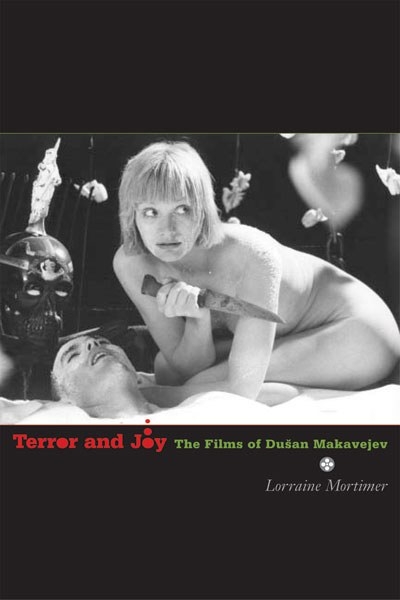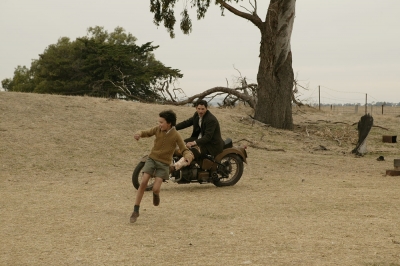Nick Prescott
We invited some writers, film critics, and film professionals to nominate their favourite film – not The Greatest Film Ever Sold, but one that matters to them personally.
... (read more)Terror and Joy: The Films of Dušan Makavejev by Lorraine Mortimer
When Raimond Gaita’s memoir Romulus, My Father was published in 1998, the acclaim with which it was greeted was ubiquitous. The book was significant not simply because it was a strikingly revealing personal narrative written by a renowned philosopher, but because it managed to present a story that contained large doses of personal tragedy without rendering the experience of reading it either falsely uplifting or overwhelmingly depressing. While offering vivid portraits of an inconstant, depressive wife and mother, and a self-possessed husband and father struggling with his own sense of self-worth, Romulus, My Father celebrated the power of love and friendship in the most subtle, telling and deeply humane ways.
... (read more)Though we have seen periods during which Australian cinema has been synonymous with period-set narratives and idealised evocations of the outback, there has always been a darker side to our cinematic imagination, a gritty, hard-edged element that is just as crucial to this country’s feature film output as are the sepia-tinged dreamscapes. Many of the pivotal films of the Australian New Wave brought a vivid, finely judged aesthetic to the bleakest of subject matter. Fred Schepisi’s The Chant of Jimmie Blacksmith (1978) conjured a harrowing tragedy of grisly murders and manhunts, while Peter Weir’s darkly comic feature début, The Cars That Ate Paris (1974), presented a paranoid, murderous rural community whose raison d’être was maintaining its seclusion, even if that meant killing any outsiders who found their way into town.
... (read more)

